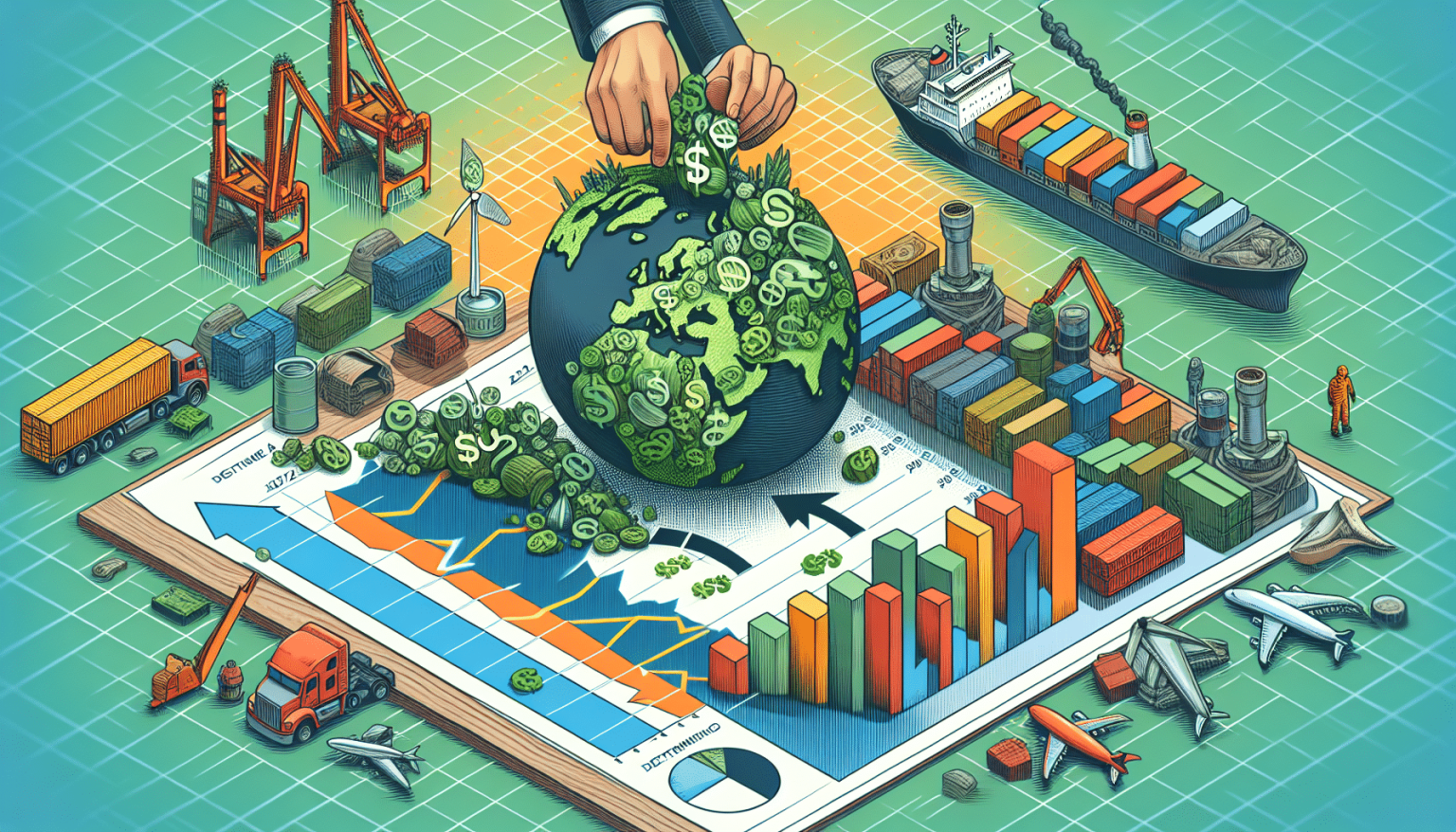In 2024, exports of recyclable materials from the European Union (EU) to countries outside the bloc have experienced a significant decline, reaching a total of 35.7 million tons. This figure represents an 8.2% decrease compared to the previous year, when a historical record of 38.9 million tons was recorded, the highest figure in two decades. Despite this decline, the volume exported in 2024 is still 58.5% higher than that of 2004, with an increase of 13.2 million tons in two decades.
On the other hand, imports of recyclable materials from countries not belonging to the EU have seen a notable increase. In 2024, these imports reached 46.7 million tons, which is an increase of 7 million tons compared to 2023, a 17.5% increase. Since 2004, imports have grown by 7.2%, adding 3.1 million additional tons to the exchange of these materials.
Analyzing the categories of materials, the metals sector continued to dominate exports in 2024, with a total of 19 million tons, representing more than half (53.3%) of all exports of recyclable materials. They are followed, in importance, by paper and cardboard with 5.5 million tons (15.3%) and organic materials, which reached 4.4 million tons (12.2%).
In the realm of imports to the EU, organic materials stand out, reaching a total of 28.4 million tons, representing 60.7% of all imports of recyclable materials. Imports of minerals and metals also constituted relevant categories, with 6.8 million tons (14.5%) and 6.3 million tons (13.5%), respectively.
The main destinations for the EU’s exports of recyclable materials were Türkiye, which received 12.3 million tons; the United Kingdom, with 3.8 million; India, with 3.1 million; Egypt, with 1.8 million; and Switzerland, with 1.6 million. As for imports, Brazil was the leader in volume, with 9.8 million tons, followed by Argentina (7.8 million), the United Kingdom (4.5 million), Ukraine (4.2 million) and Indonesia (2.4 million).
These data not only highlight the growing importance of recyclable materials in international trade, but also emphasize the need to advance in sustainability and circular economy practices in the current global context.
via: MiMub in Spanish
